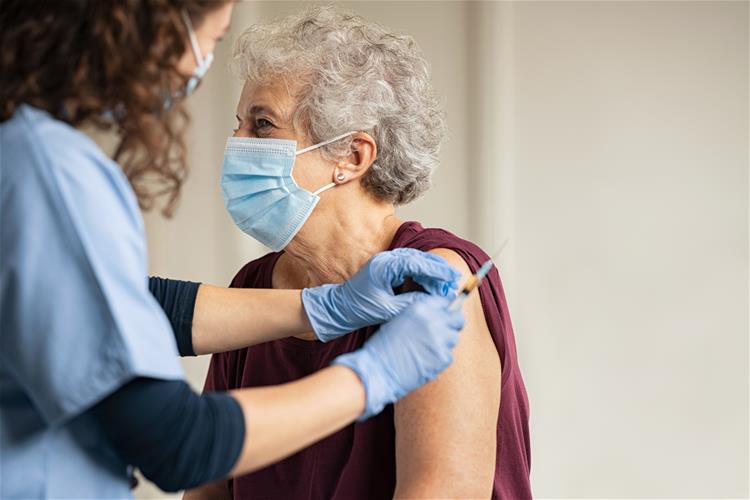
Published: February 10, 2021
The Bottom Line
- In a context of a limited supply of vaccine doses, who should be prioritized and on what grounds?
- Several national and international organizations developed frameworks consisting of key principles to guide COVID-19 vaccine allocation and prioritization.
- These principles should be accompanied by additional considerations based on the best available research evidence and the feasibility of the implementation of the vaccination campaigns.
After months of waiting, vaccination campaigns have finally started in order to fight the COVID-19 pandemic. While health systems are used to running vaccination campaigns, the global COVID-19 pandemic raises many challenges. For example, in a context of a limited supply of vaccine doses, who should be prioritized and on what grounds?
To help Canadian decision-makers as they respond to unprecedented challenges related to the pandemic, the COVID-19 Evidence Network to support Decision-making (COVID-END) has reviewed what is known about the COVID-19 vaccine roll-out. This blog post is the second in a series which examine evidence and experiences from Canada and other countries about the COVID-19 vaccine roll-out. It focuses on the set of challenges facing decision-makers, most notably:
– how to develop and adjust rules to allocate vaccines allocation rules;
– what are those allocation rules; and
– how to ensure equity in the allocation of vaccines and other necessary equipment.
The McMaster Optimal Aging Portal (mcmasteroptimalaging.org), a unique online health resource created by McMaster University to support the healthy aging of Canada’s older adult population, is highlighting ways to stay active and engaged while practicing physical distancing during the current COVID-19 pandemic.​ Read more

